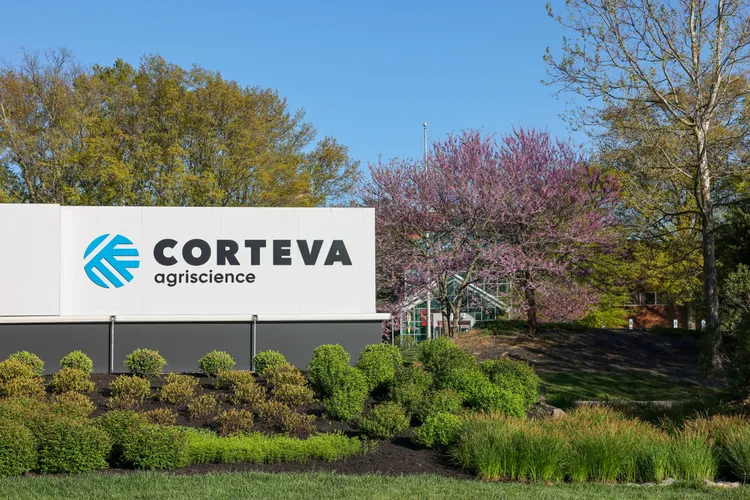Friday, 27 February 2026

In a move set to reshape the global agribusiness landscape, Corteva Agriscience announced Wednesday that its board has unanimously approved a plan to divide the $17 billion company into two independent, publicly traded entities—separating its global seed business from its crop protection division. The crop protection arm will retain the Corteva name, while the seed business—anchored by the iconic Pioneer brand—will operate as SpinCo. The separation is expected to be completed in the second half of 2026.
The restructuring is designed to sharpen focus and unlock shareholder value. Corteva executives argue that while both units share a farmer-centric DNA, they are increasingly driven by different market forces. “This is the right time to act to stay ahead of the market,” said CEO Chuck Magro, who will lead SpinCo once the split is finalized. “The separation will allow each business to accelerate innovation, strengthen its strategic priorities, and maximize long-term value creation.” Current chair Greg Page will head New Corteva, with full leadership teams to be announced in the coming months.
Corteva’s business mix underscores the logic of the split. In 2024, the company generated $16.9 billion in global revenue, with $9.5 billion from seeds and $7.4 billion from crop protection. North America remains the dominant market, contributing $8.6 billion—roughly half of total sales. In the first half of 2025, Corteva reported $10.9 billion in revenue, up 3 per cent year-on-year, driven largely by strong seed pricing and gains in North America. By contrast, its crop protection unit came under pressure from intensifying price competition.
The two new entities are expected to have comparable scale. New Corteva, the crop protection leader, is projected to generate $7.8 billion in 2025 sales, while SpinCo, focused on advanced genetics and seed innovation, is forecast at $9.9 billion. SpinCo will also lean on its portfolio of regional brands such as Dairyland, retail partnerships through Brevant, and a growing out-licensing business to expand market reach.
Yet the split raises questions about the future of bundled seed-and-chemical strategies that have defined modern agriculture. As biotech advances such as gene editing tighten the links between patented traits and proprietary crop protection tools, separating the businesses could complicate synergies. At the same time, some analysts see the move as a protective hedge, insulating the seed business from potential litigation liabilities tied to pesticides—an echo of Bayer’s ongoing legal battles over glyphosate and Roundup.
Since speculation about the breakup surfaced in mid-September, Corteva shares have dropped more than 14 per cent, sliding from $74.29 to $63.14 on Wednesday morning. Analysts point to execution risks, legal uncertainty, and possible disruption of integrated strategies. Still, the company is betting that clear, independent mandates will outweigh near-term turbulence and ultimately deliver stronger long-term performance.
Corteva employs roughly 22,000 people worldwide, operating more than 100 production facilities and 120 R&D centers. With the split, both New Corteva and SpinCo will inherit not only market-leading positions but also distinct growth agendas—one rooted in crop protection leadership, the other in cutting-edge seed genetics. The agribusiness giant that began as part of the DowDuPont merger now embarks on its next reinvention: two specialized champions, aiming to redefine the future of farming on their own terms.